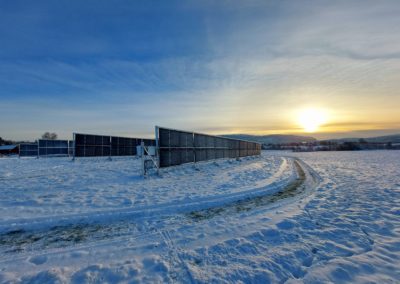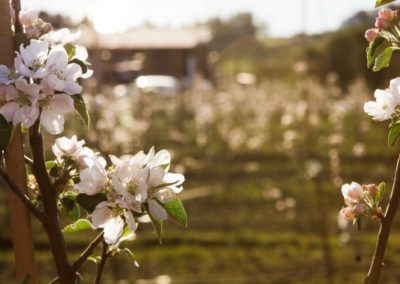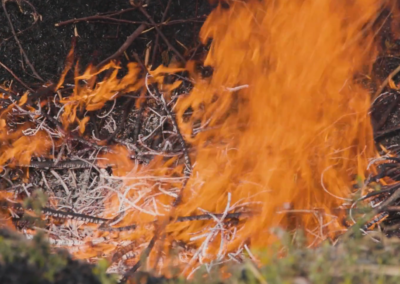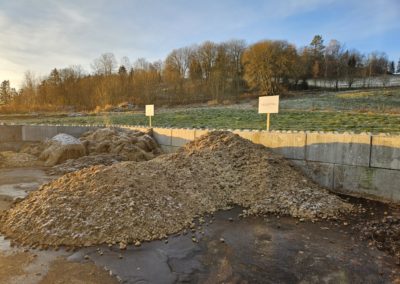Extra is included in the circulation
Renewing a meadow is an energy-intensive and expensive process. It is desirable to bring in other cultures on the shift before a new meadow is established. Variation in the growth cycle provides many benefits for the soil and subsequent crops. If it is possible to postpone the renewal of the meadow for one year, this results in less tillage and reduced costs over the years. When the meadow plants are allowed to stand longer, they will also collect more carbon that can be stored in the soil and develop a better soil structure than is the case with more frequent tillage.
Plant cover winter
After annual crops, it is common to plow in the fall, and leave the soil open to the weather in autumn and winter. This leads to a great risk of soil erosion and loss of nutrients. Phosphorus is transported away together with the soil particles, and a lot of nitrogen will accompany the leachate down into the soil. Spring plowing gives a better result than autumn ploughing. It is best to have plant cover on the soil all year round. In grain production, a sub-culture can be sown which continues to grow beyond the autumn after the harvest. The plant roots will hold the soil in place and thus protect against soil erosion, and absorb plant nutrients that would otherwise be washed out. The content of organic material in the soil will increase over time, and the structure of the soil will improve.
Direct seeding of grain
There are sowing machines that make it possible to sow directly into grain stubble or older meadows without prior tillage. By skipping tillage, the soil is allowed to rest and a better soil structure is developed than with frequent tillage. The possibility of storing carbon in the soil is also much greater, and you save energy and avoid greenhouse gas emissions for tillage.
Watch videos on this topic
Reduced tillage and crop rotation
Captive crops and nutrition
Catch crops and reduced tillage
Directly sown autumn cereals
Video about captive crops from Mære
Read more about this topic
Captive growth as a climate measure in Norway, report NIBIO
Here is a large and perhaps a little heavily read report - but with a lot of interesting material about captive crops and climate
Reports from the tillage Report on tillage from the Swedish University of Agriculture
Effects of different tillage in cereals Report from NIBIO




